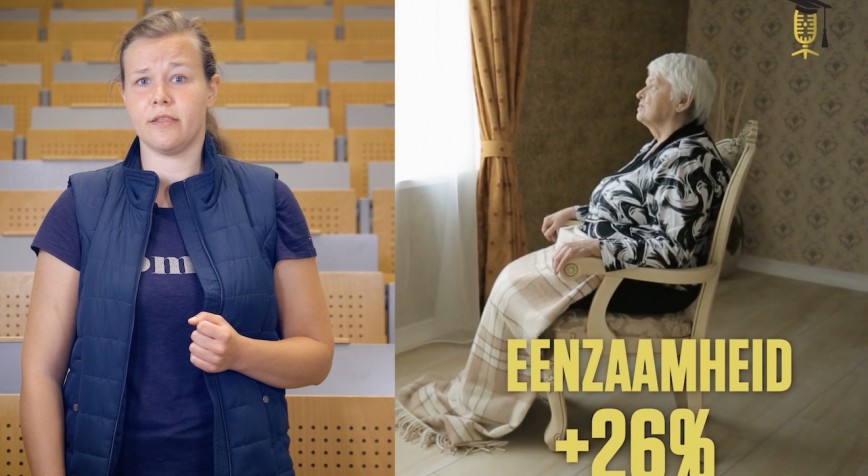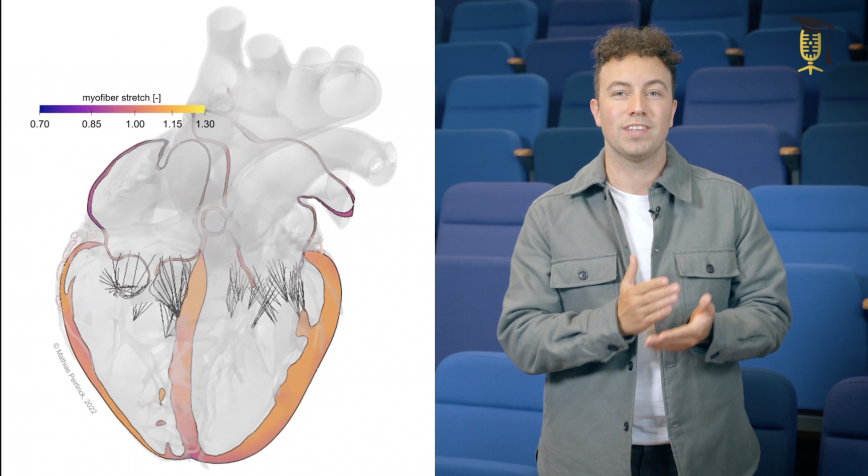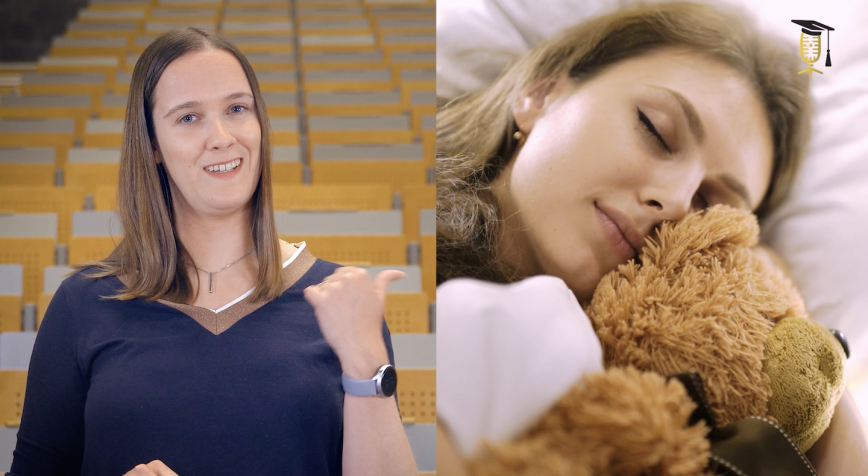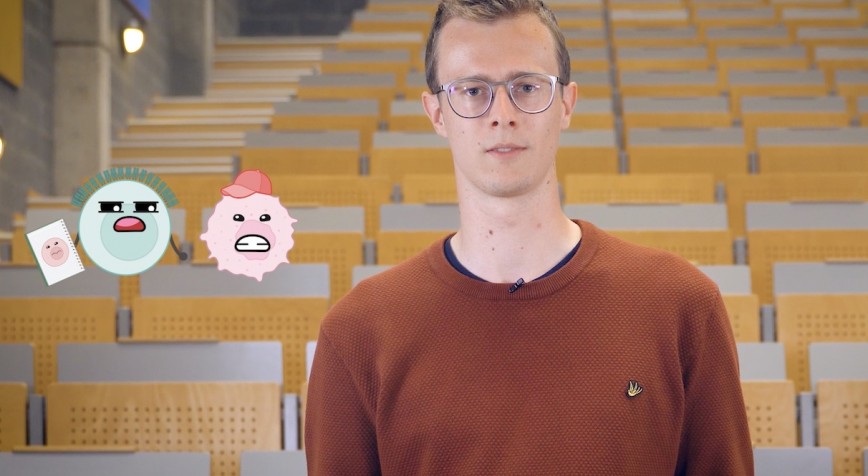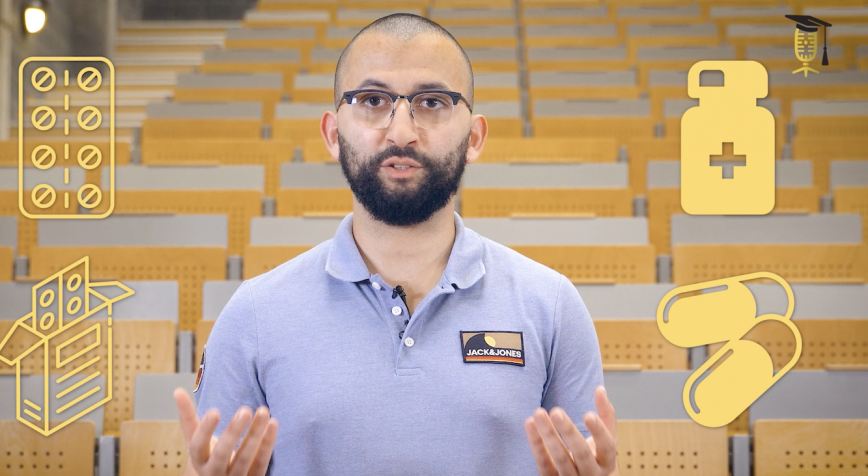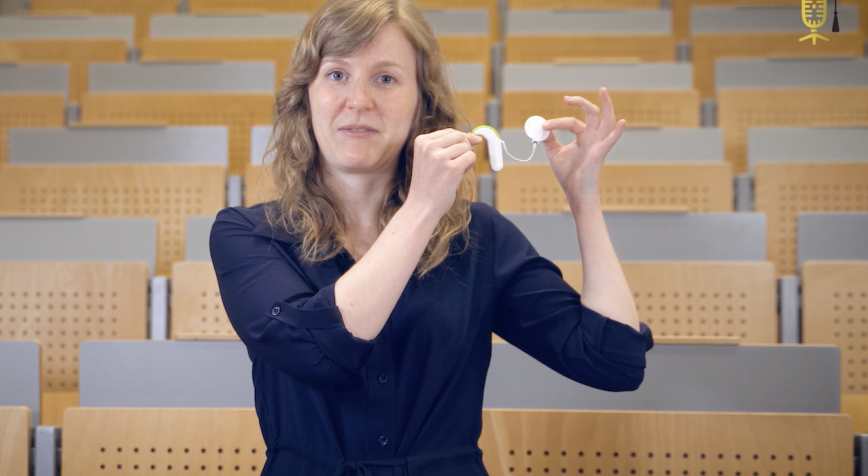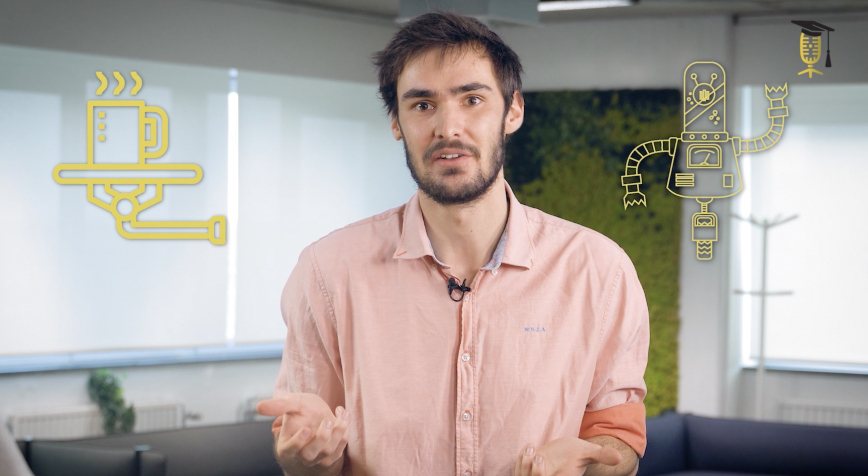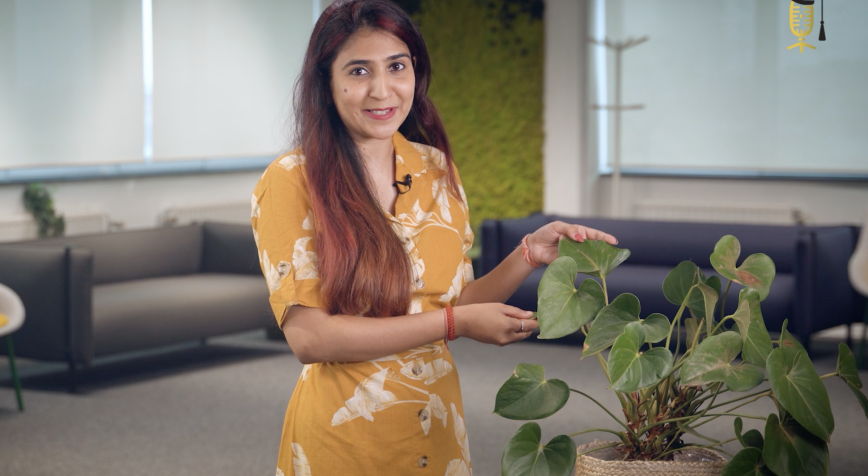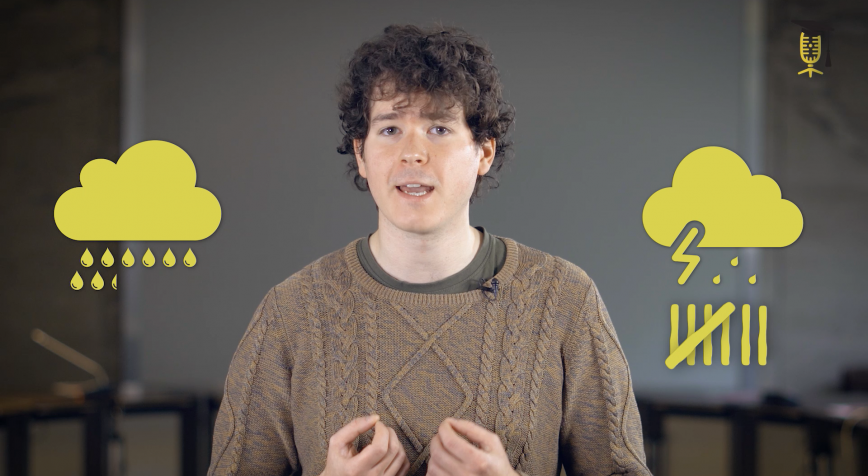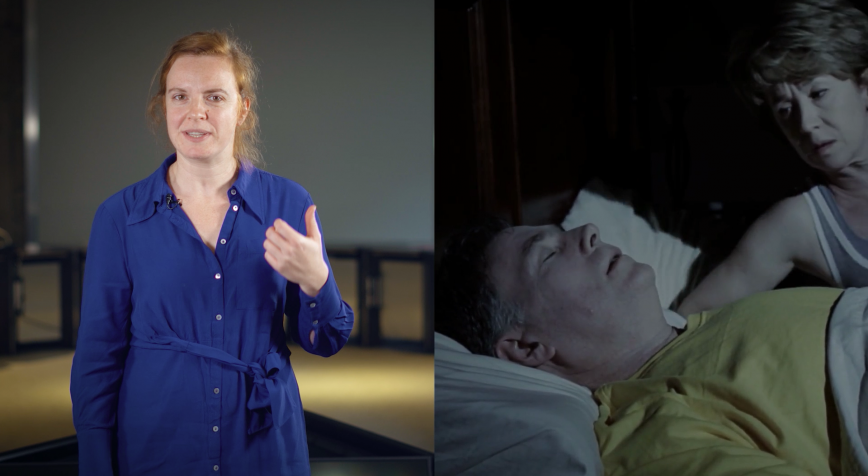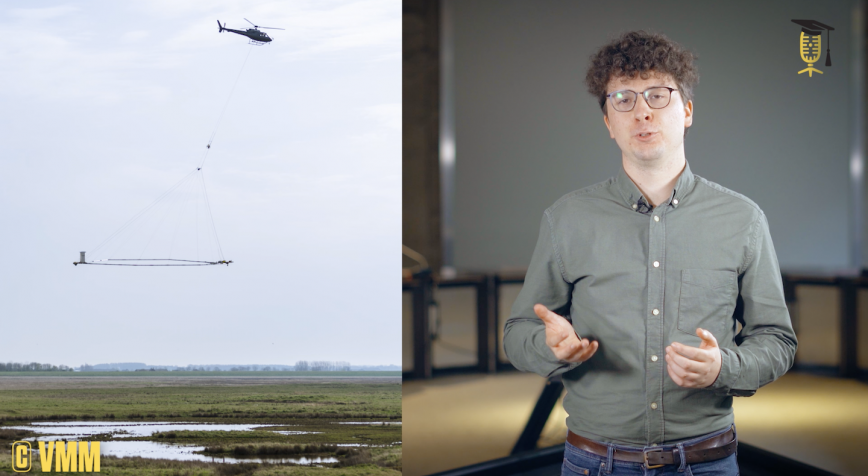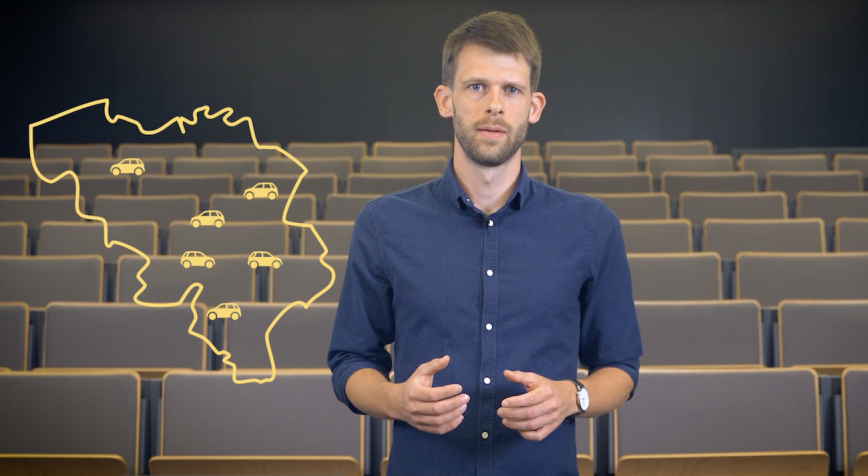
Arteveldehogeschool
A smart planner for home care
Home and family care workers go out on the road every day to help their clients. That busy round is often a complex puzzle, where they have to take into account distances, personal preferences but also, e.g., medication times. To help them with this, Ruben Vanbosseghem and his colleagues are using AI to develop a smart home care planner.
